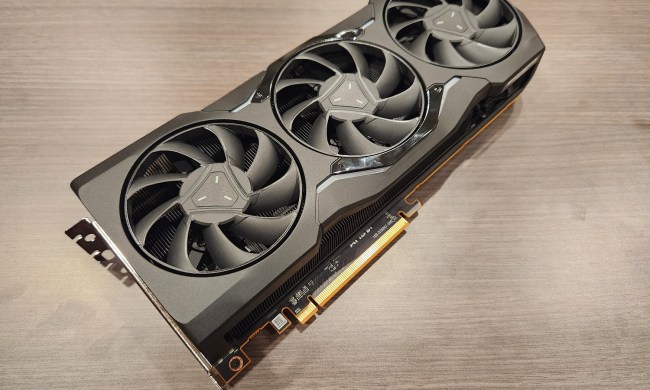
Although he admits to jamming personal Wi-Fi hotspot signals, this practice apparently only caused the deaunthentication of less than 1% of devices. Though it doesn’t justify Smart City’s behavior, he also pointed out that “these same technologies are widely used by major convention centers across the globe as well as many federal agencies.”
Despite his all-the-cool-kids-were-doing-it attitude, it’s clear that Haley’s company had never committed to any illegal activity, which was the initial concern of our report. However, Smart City did violate FCC rules, although the company was not aware that this “standardized, ‘available out of the box’ technology” was an infraction of the commission’s policy.
Lastly, he says, “Smart City provides free Wi-Fi access to nearly 31 million users a year in public spaces.” This contradicts what was originally said about blocking Wi-Fi signals so that users would opt for its own paid networks, which the FCC said the company had provided in exchange for “substantial fees.”
My guess is that Smart City does offer free Wi-Fi in some of its locations, but also exhibited a paid wireless option. Nonetheless, rather than taking the matter to court, Smart City has decided to “work cooperatively with the FCC” and that it’s “pleased to have resolved this matter,” explaining that “mounting a vigorous defense” would cost the company too much money and too many resources to undergo.
Original Text: The FCC has revealed that it’s fining telecommunications company Smart City for jamming personal hotspots at convention centers.
The fine, which totals a whopping $750,000, is a result of Smart City’s attempts to restrict personal Wi-Fi hotspots in favor of its own paid wireless networks, which the FCC claims the company leases for “substantial fees.”
Like many who were misled before it, Smart City decided it would be a virtuous and completely legal idea to block mobile hotspots, giving attendees no other choice but to cough up $80 a day for its own service.
Obviously, no one in their right mind would be okay with that, so Smart City did what any benevolent service provider would do. It jammed everyone’s signals preventing them from taking advantage of any competing services.
Of course, all of this was completely against the law, so unfortunately for Smart City, its party was shut down early by the FCC, whose Enforcement Bureau chief Travis LeBlanc denounced the practice.
“It is unacceptable for any company to charge consumers exorbitant fees to access the internet,” LeBlanc asserted. “While at the same time blocking them from using their own personal Wi-Fi hotspots to access the Internet.”
Now Smart City has reached a settlement with the FCC, under which Smart City now owes $750,000 along with an agreement to abstain from hotspot-jamming activities from here on out.
This occurrence ensues from allegations received by the FCC last year which claimed Smart City was blocking personal hotspots in its convention centers. Unsurprisingly, these turned out to be true.
The moral of the story? It doesn’t pay to take away people’s Wi-Fi. In fact, as Smart City has gracefully demonstrated, it costs a great deal.


